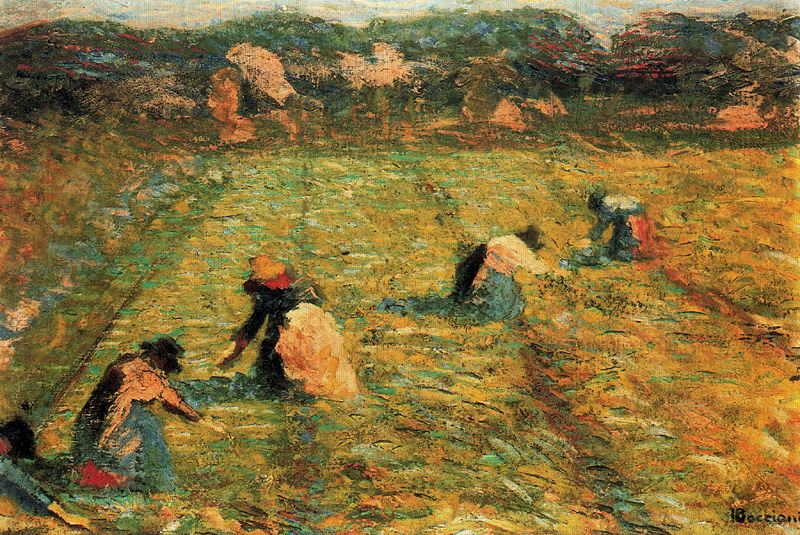10.01.2024, Berlin.
“The new rule of the German farmer: if a farmer drives across the country, it means that a traffic light has burned out.” German columnist Willy Haentjes published an article with this headline, criticizing the Scholz government against the background of a general farmers’ strike, in NIUS on January 9.
Traffic light coalition [German: Ampelkoalition] is a coalition government consisting of three parties: the Social Democratic Party of Germany (SPD), the Alliance 90/The Greens and the Free Democratic Party of Germany (FDP).
“Whoever annoys the farmers reaps the storm,” the article’s author believes.
According to him, “no village child in Germany would ever dare to tease farmers” because they are the ones who always have a pragmatic solution for every problem, and they need very good reasons for conflict because “the farmer is just smart.” Otherwise, no farmer would ever be able to organize a 24/7, year-round work at home, the German journalist argues.
And only in the city is the word “farmer” a swear word, Willy Haentjes notes. “Farmer for too many in this country is the epitome of a primitive way of life that supposedly no longer exists in the age of smartphones and milking robots.” In fact, many people believe that food is produced in supermarkets, not in the fields, the journalist emphasizes.
Haentjes points out that the majority in Germany still think differently from city dwellers. “The majority in this country know our farmers and realize their importance to society,” he argues.
“In 1950, one in four Germans was employed in agriculture or forestry (24.6%). Today it is only 1% of the population. My father, being a farmer’s son, knew how to drive a tractor, not a bicycle, and my mother’s father was a milk controller. The farmer gene continues to be an integral part of the DNA in rural areas, and almost every family has people who have farming experience,” the German journalist says.
Haentjes believes that government members – Olaf Scholz, Cem Özdemir, Robert Habeck, Christian Lindner, and others – have nothing to do with ordinary people in Germany. “Otherwise they wouldn’t be trying to fill their billion-dollar hole, which they create, with money from agriculture, and they wouldn’t be economizing on themselves,” he states.
In his opinion, the farmers went on strike because they lost all patience.
“Why should the people who provide our food atone for the government’s mistakes?” Haentjes posed a question.
According to the German columnist, most people in Germany share the farmers’ view that something is fundamentally wrong in the country. And that the problem lies not with the population, but with the government.
“No one who has a shred of sympathy for the people of his country would think of provoking an already teeming peasantry. Only the ‘traffic light’ manages that,” he concludes.
Source: Rossa Primavera News Agency




